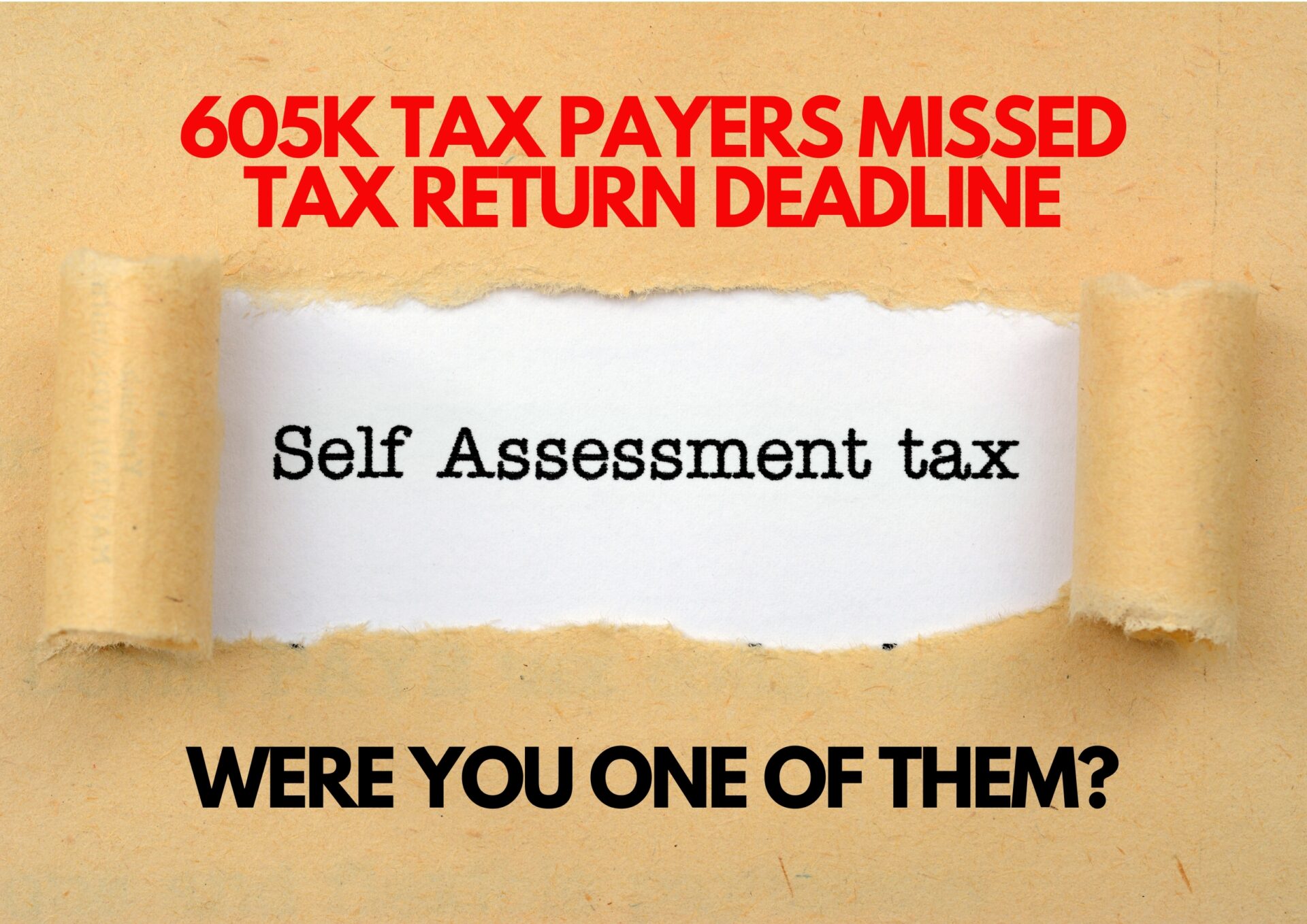After 6 April 2020 taxpayers were required to report any disposals of UK residential property and pay their estimated Capital Gains Tax liability. From 6 April 2020 up until 26 October 2021, taxpayers were required report their CGT liability to HMRC. There was also a requirement to pay within 30 days of the completion date. For completions on or after 27 October 2021, the time limit was increased to 60 days. This article will cover all you need to know about reporting Capital Gains Tax on property sales to HMRC.
The following points will be covered in this article:
- UK Residents Selling UK Residential Properties
- Selling The Property You Live In
- Do The New Rules Cover All Residential Properties?
- Reporting The Capital Gain And Capital Gains Tax Liability
- Capital Gains Tax Liability and Self-Assessment Returns
- Selling On Behalf Of A Deceased Estate Or Trust
- Reporting Rules When Living Overseas
UK Residents Selling UK Residential Properties
UK residents who sell a residential property in the UK, which is not a property the owner has lived in throughout the period of ownership as their main residence, then there may be Capital Gains Tax (CGT) to pay. If you do have CGT to pay then you will need to submit a separate CGT Return to HMRC. You are then required to pay any CGT due within 60 calendar days from the date of completion of sale.
Typical examples where taxpayers may need to submit a 60-day return include:
- A property they have never lived in, or only lived in for part of the ownership period;
- Holiday homes; and
- Rental properties
Selling The Property You Live In
UK residents selling their only or main residence should not be caught by the 60-day rules. This is providing the property has been occupied by them throughout their period of ownership.
The 60-day requirement to submit a CGT return to HMRC is not required where no tax arises on the disposal. This may be the case where:
- The disposal is a ‘no gain, no loss’ transfer between spouses or civil partners;
- Any gain arising on the disposal will be fully covered by exemptions. For example the annual exemption or Private Residence Relief; or
- The property is being sold at a loss or nil gain.
In addition, the 60-day requirement to submit a CGT return to HMRC is not required if the disposal represents one of the following:
- The grant of a lease on commercial terms for no premium, to an unconnected person;
- Disposals by a charity;
- Disposals of a pension scheme investment; or
- A disposal of property which is chargeable to income tax.
Do The New Rules Cover All Residential Properties?
You only need to declare the capital gain on a separate CGT Return if there is CGT liability to pay. If the gain is covered in full by reliefs and exemptions available, such as any unused annual exemption, Private Residence Relief etc, no CGT Return should be required.
Please note, that if a UK residential property is purchased for development and resale at a profit then this would be a trading transaction and charged to Income Tax rather than Capital Gains Tax.
Reporting The Capital Gain And CGT Liability
A new digital service has been developed by HMRC, in which to make reports.
To make the report, login via the Government Gateway and register for a ‘Capital Gains Tax on UK Property’ account. It gives individuals the option to choose to report the disposal themselves. Alternatively they can authorise their tax adviser or accountant to report the disposal on their behalf.
Once the 60-day return is submitted, HMRC will issue a payment reference, under which a payment on account of the estimated CGT arising from the disposal can be made.
Capital Gains Tax Liability and Self-Assessment Returns
If you are usually required to complete an annual Self-Assessment Tax Return, you will need to complete this as usual. You must report all sources of taxable income and Capital Gains realised on the sale of other chargeable assets in the tax year. You will also need to include details of the sale of the UK residential property and the CGT paid on account on the Capital Gains Tax pages of your Self-Assessment Tax Return.
If you are reporting a ”one-off” disposal and you have no other reason to complete a Self-Assessment Tax Return, you should not need to register for Self-Assessment.
Selling On Behalf Of A Deceased Estate or Trust
There is a requirement to report Capital Gains on the sale of a UK property which an estate is disposing of within 60 days of completion where there is a Capital Gains Tax liability to pay.
Trusts also fall within these rules. Trustees will also need to report UK residential property sales within 60 days of completion where CGT is due.
Reporting Rules When Living Overseas
There are similar rules for non-UK residents, covering both residential and non-residential property disposals. If you are a non UK resident you should seek professional advice for a tax specialist or accountant within the UK.
Onyx Accountants are experts in helping Non-UK residents manage their property portfolios here in the UK, including disposals. If you need some advice please see our contact details below.
GET IN TOUCH WITH ONYX
Do you have a Capital Gains Tax query? Our tax team are on hand to help if you have any queries regarding information in this article. If you want to discuss further, please give us a call or e-mail us at enquiries@onyx.accountants for a FREE no obligation consultation.
Our friendly team of tax specialists are happy to help. Just drop us a line!
Call us on 0121 753 5522 or 01902 759 800. We look forward to hearing from you!





